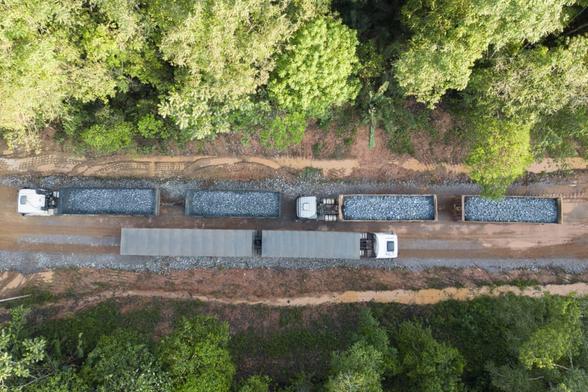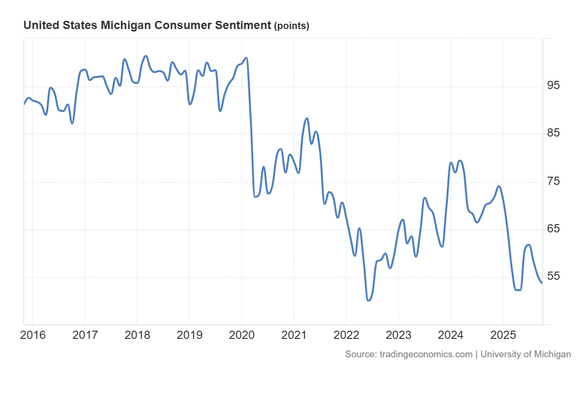2026-01-11 16:43:04
The biggest surprise of Donald Trump’s first year back in office is 🆘 how quickly America’s institutions capitulated to
“the bully”,
said Michael Steele, a former chair of the Republican National Committee (RNC) turned arch critic.
But with the midterm elections for Congress looming, Steele predicts a resounding Democratic victory
amid a hunger among voters to hold the president and his allies accountable for threatening democracy.
Steele, 67, was the first Blac…
2025-12-09 02:30:45
Robinhood is set to join Indonesia's retail investment boom after agreeing to acquire local brokerages PT Buana Capital Sekuritas and PT Pedagang Aset Kripto (Prima Wirayani/Bloomberg)
https://www.bloomberg.com/news/articles/20
2025-10-29 20:01:40
The Telegraph's sale to RedBird Capital faces new controversy after the paper linked RedBird's John Thornton to Chinese leader and suspected spy chief Cai Qi (Simon Goodley/The Guardian)
https://www.theguardian.com/media/2025/oct
2025-12-05 20:09:43
Brazil fast-tracks paving controversial highway in Amazon with new licensing rule
https://news.mongabay.com/short-article/2025/12/brazil-fast-tracks-paving-controversial-highway-in-amazon-with-new-licensing-rul…
2025-12-08 13:00:14
"Brazil fast-tracks paving controversial highway in Amazon with new licensing rule"
#Brazil #AmazonRainforest #Trees
2025-11-20 10:10:09
🇺🇦 #NowPlaying on KEXP's #VarietyMix
Digable Planets:
🎵 9th Wonder (Blackitolism)
#DigablePlanets
https://caobadeelers.bandcamp.com/album/digable-planets-9th-wonder-caoba-dee-rmx
https://open.spotify.com/track/2YM9qQklVODlkC3T9YD0e0
2025-10-23 18:14:02
How many enemies dreamt of destroying the White House. How many soldiers wished they could flatten it. How many generals fantasized about razing the American People’s house.
This one man beat them all. Same man brought the confederate flag into the Capitol, same man presides over the largest tax hike in history (tariffs are import taxes), signed off on the ending of nutrition for the hungry and end healthcare since it will now be unaffordable.
This. One. Man.
2025-10-21 21:06:49
Meta forms a JV with Blue Owl to fund the $27B, 2GW Hyperion data center in Louisiana, its largest ever private capital deal; Meta will retain a ~20% equity (Reuters)
https://www.reuters.com/technology/meta-forms-joint-ventu…
2025-10-18 19:57:37
🇺🇦 #NowPlaying on KEXP's #VarietyMix
Digable Planets:
🎵 9th Wonder (Blackitolism)
#DigablePlanets
https://caobadeelers.bandcamp.com/album/digable-planets-9th-wonder-caoba-dee-rmx
https://open.spotify.com/track/2YM9qQklVODlkC3T9YD0e0
2025-11-01 18:05:12
"Debt does matter, but the debt that matters in a capitalist economy is not so much public debt, but corporate debt. The latest estimates are that in the major economies, some 30%-plus of companies have so much debt that they do not earn enough profits to service that debt."
...
"the stock market may be booming ... but the rest of the economy is not so buoyant; and there appear to be cockroaches eating into the clean running of the world of debt. "
Michae…




